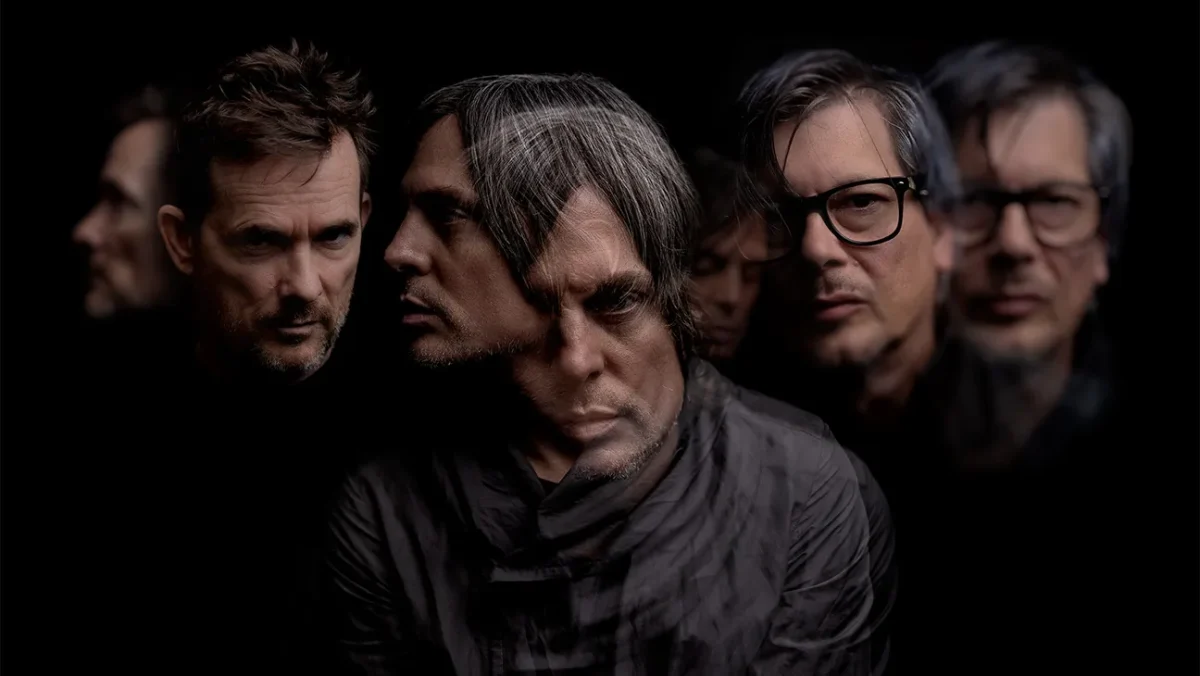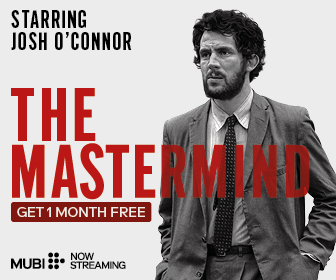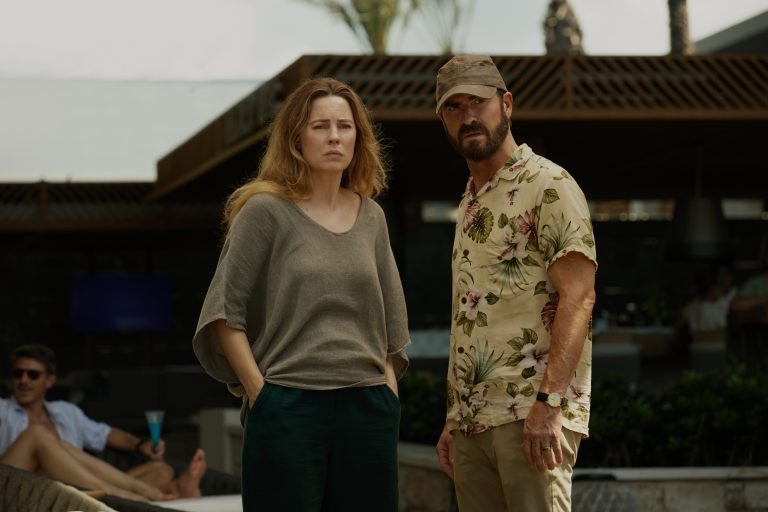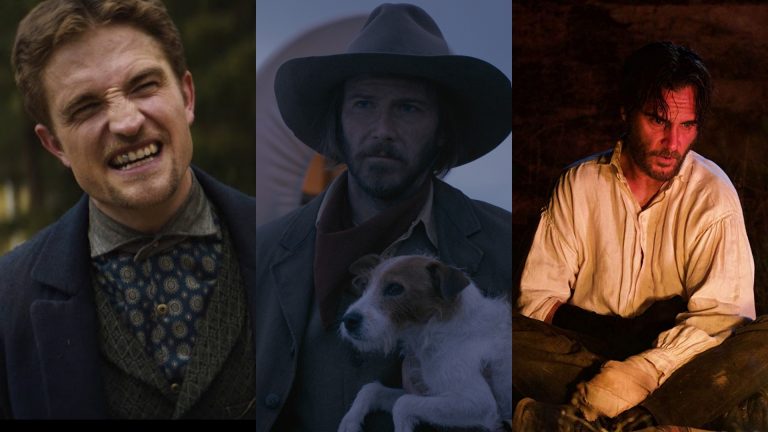The 90s were such an interesting and exciting decade for Rock music. It was a period in which a group of outcasts chose to break away from the commercial chains in which the genre found itself. This made the bands play it safe and seemed more interested in getting the big bucks and label deals rather than going outside the box. Sure, there were a few exceptions to the rule, but that seemed to be the case for the most part. We see these bands not afraid of getting dirty and brass with their sound. It was the age of Grunge, Alternative Rock, and Nu Metal.
Traditional rock music was still around, but these three came to define the era, for better and for ill. But as luck will have it, the indie spirit didn’t last very long, to the dismay of some, and in the case of Grunge, this came to define a large part of the decade to the point it transcended music, and we see it even becoming a fashion trend. It was wild! Unsurprisingly, big labels tried to strike lightning in a bottle, trying to find the next big band, namely in the Seattle region. The next Nirvana. I personally don’t think we got that, but we did get some other great bands (which some would say were better than the Kurt Cobain fronted band) such as Pearl Jam, Alice in Chains, Stone Temple Pilots, Soundgarden, Hole, Bush…
It was around this period that Failure broke into the scene. They had recorded some demos in the 80s, but it was in the 90s that they found success. They quickly became known for a sound that felt both familiar—echoing much of what was happening in the scene at the time—yet distinctly their own, shaped by ‘innovative’ production tricks like swinging a mic for unique effects and by unexpected progressions that lead the listener somewhere entirely different than they first expect. The wall sound is incredible. They are very subtle touches, but they make the band’s sound pretty distinctive.
“Every Time You Lose Your Mind” is as unexpected as the band itself. I mean, what are the odds we would ever get a documentary about their rise and fall and rise again? As many of the interviewees state, the band influenced or beloved by other groups such as Paramore or Tool, but let’s face it, Failure is not precisely the first band that comes to mind when speaking about influences. The other surprising factor, at least for me, was the fact that this got premiered on a premium platform as Hulu/Disney+.
Now, I know the above paragraph may sound negative, but don’t get me wrong. I am actually very happy this exists, especially because, as with any good documentary, it does a great job giving us an insight into the formation of the band, their writing, and their recording process. The content itself is really great.

Instead of having talking heads speak about how much they love the band, we actually get our trio themselves opening up and giving us firsthand accounts and anecdotes — something we rarely get, probably because so many of these music documentaries are made only after the groups and artists are gone. And they aren’t just popping up here and there; in fact, most of the guests only appear on screen in small chunks, and the band is heavily featured, which again was great as the band got to tell their story instead of having others do that for them.
Everything about the behind-the-scenes of “Fantastic Planet” was great. But it’s also a little sad because of the underlying drug problems, and I liked how the film raises the question of whether they could have achieved the greatness of this record without drugs being part of the story. I’d say “The Heart is a Monster” proved you can, and it definitely sounds like a seamless follow-up to that album. Like someone said, many bands and artists tend to stray away from their original sound once they entered the new millennium, but the band with that record just found the way to recapture the magic; it was like they never broke up and kept going.
Also, having different songs by the band playing in the background throughout the documentary was a great idea. For people like me who aren’t well-versed in their work, it lets us not only learn more about the band personally but also discover more of their music as we hear the behind-the-scenes stories — in some moments, it even feels like a track-by-track experience.
Now, for the mixed or negative points: as I said, the content itself — the walkthrough of the writing and recording and the band’s own insights — was great, but I do think they could have easily trimmed 10 or 20 minutes. It occasionally becomes kind of redundant, and at almost 120 minutes, it became a little overwhelming. The first half was great. Loved the pacing, the information, and the music. But by the second half, it kind of lost me. By that point, it felt like it was starting to run its course, though I will say it picks up again during the “The Heart Is a Monster” segment — I’ll give it that.
Also — and I admit this is a minor nitpick — I wasn’t a big fan of the presentation. By that, I mean the transitions and the title cards; they felt more like something made for YouTube rather than a polished piece meant for streaming, if that makes sense. Now, I’ve seen things like that in other documentaries, mostly from the early 00s and indie, but I don’t know, maybe I’m used to the more creative ones. It seemed very Windows Movie Maker.
All in all, despite running a bit too long and nitpicks like the transition and all, I’d say “Every Time You Lose Your Mind” is definitely a must-watch not only for fans of the band but those who are always open to learn and discovering great new bands. Failure is absolutely a band that deserves more attention.




![Chicuarotes [2019]: ‘TIFF’ Review – A Wild Pursuit of Happiness](https://79468c92.delivery.rocketcdn.me/wp-content/uploads/2019/12/Chicuarotes-highonfilms-768x384.jpg)

![Anatolian Leopard [2022] Review – Austere and Melancholic Take on Encroachment via Modernity](https://79468c92.delivery.rocketcdn.me/wp-content/uploads/2022/11/Anatolian-Leopard-2022-Movie-Review-768x322.jpg)

![Paka (River of Blood) [2021]: ‘TIFF’ Review – A Tale of Cyclic Revenge that Reflects Potential](https://79468c92.delivery.rocketcdn.me/wp-content/uploads/2021/09/Paka-River-of-Blood-768x427.jpg)
